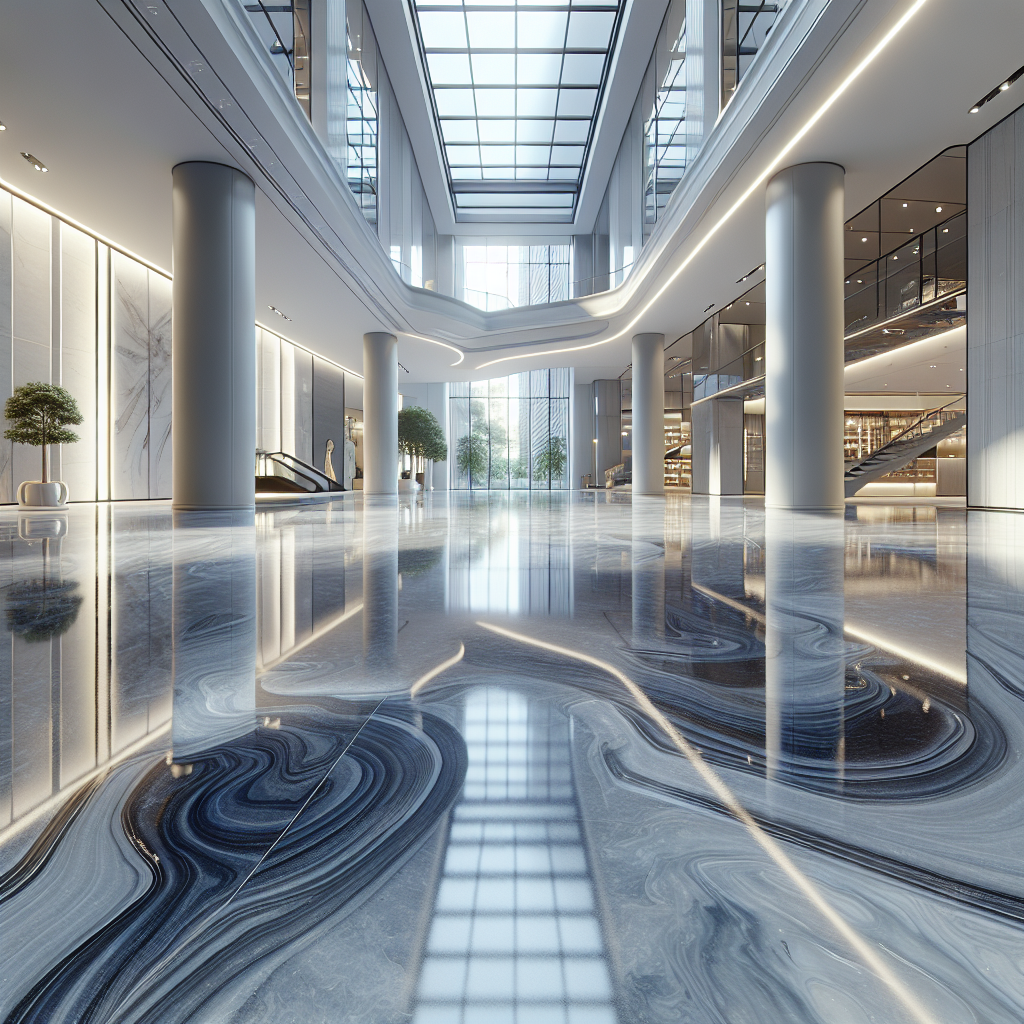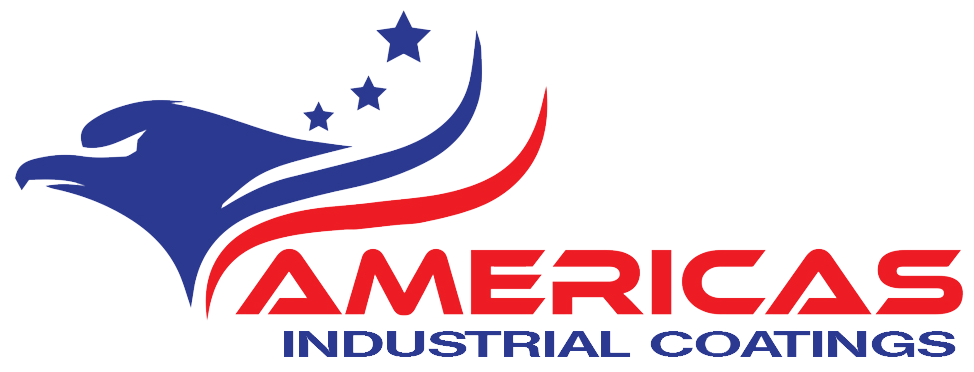When it comes to flooring solutions, epoxy flooring stands out for its exceptional durability and aesthetic appeal. Originally popular in industrial and commercial settings due to its robust nature, epoxy flooring has started making its way into residential spaces as property owners become increasingly aware of its benefits. But just how hard is epoxy flooring?
Epoxy flooring is a combination of resin and hardener that, when mixed, forms a rigid plastic material. This material is not only hard but also resistant to wear and tear, making it an ideal choice for high-traffic areas. The surface created by epoxy is seamless and can withstand heavy loads, impacts, and chemical spills, further enhancing its durability. In fact, epoxy floors can last several decades if maintained properly, making them a cost-effective option over time.
Moreover, epoxy flooring is known for its ability to resist moisture, which prevents mold and mildew growth, thus maintaining a clean and sanitary environment. This makes it a preferred choice for basements, garages, and even kitchens. With its diverse range of finishes and colors, epoxy flooring not only provides functionality but also adds a touch of elegance to any space.
Are you ready to enhance your flooring with a durable and stylish solution? Call Us Today for a Free Quote to discover the benefits of epoxy flooring for your home or business.
Understanding the Composition of Epoxy Flooring

The impressive durability of epoxy flooring can be credited to its unique composition. Understanding what goes into this flooring solution can help you appreciate its robustness and why it is a preferred choice for many settings. At its core, epoxy flooring is created through a meticulous process that involves mixing two main components: epoxy resin and a hardener.
Epoxy resin, often derived from petroleum sources, is a viscous liquid that serves as the primary binding agent in the mixture. When the resin is combined with the hardener, a chemical reaction triggers the curing process. This reaction forms a strong, rigid plastic material that adheres firmly to the underlying surface. The result is a hard, seamless, and durable floor coating that can withstand significant stress.
To enhance the performance and aesthetic appeal of epoxy flooring, various additives and pigments can be included in the mixture. These additives may provide additional properties such as increased UV resistance, anti-slip surfaces, or decorative finishes. Pigments offer a wide range of color options, allowing for customization to suit any space.
The versatility of epoxy’s composition allows it to be tailored for specialized applications, from industrial warehouses to elegant residential interiors. This adaptability, combined with its inherent strength, makes epoxy flooring a top choice for those seeking a reliable and long-lasting flooring solution.
Factors Affecting Epoxy Flooring Hardness

The hardness of epoxy flooring is not just a result of its basic composition but also influenced by several external and internal factors. Understanding these factors is crucial for optimizing the performance and longevity of epoxy floors.
1. Mixing Ratio: The precise ratio of epoxy resin to hardener is pivotal. A correct mix ensures a complete chemical reaction, resulting in a harder and more durable surface. Deviations from the recommended ratio can lead to a surface that is either too soft or brittle.
2. Curing Time: Proper curing is essential for the development of the flooring’s hardness. Rushing this process can undermine the integrity of the floor. It’s advisable to allow the epoxy ample time to cure under the right temperature and humidity conditions to achieve optimal hardness.
3. Surface Preparation: The condition of the substrate plays a significant role in the final hardness of the epoxy floor. A well-prepared surface ensures better adhesion, contributing to a stronger and more durable finish. This often involves cleaning, grinding, or acid etching the surface before application.
4. Additional Fillers and Additives: The inclusion of certain fillers or additives can enhance the hardness of the epoxy floor. For instance, silica or other hardening agents can be mixed into the epoxy to increase its strength and resistance to wear.
5. Environmental Conditions: The environment in which the epoxy is applied and cured affects its hardness. Factors such as temperature, humidity, and exposure to sunlight can impact the curing process and the resulting hardness of the floor.
By considering these factors during the installation process, you can ensure that your epoxy flooring achieves the desired level of hardness and performance, making it suitable for the intended application.
Comparing Epoxy Flooring with Other Materials
When considering flooring options, it’s essential to compare epoxy flooring with other materials to understand its unique benefits and drawbacks. This comparison can help in making an informed decision based on specific needs and preferences.
1. Concrete: While concrete is a popular flooring choice due to its strength and durability, it lacks the chemical resistance that epoxy provides. Epoxy coatings enhance concrete floors by making them more resistant to chemicals and spills, providing a smooth and aesthetically pleasing finish.
2. Tiles: Tiles offer a wide variety of design options and are relatively easy to clean. However, they can be prone to cracking under heavy impact and the grout lines can harbor dirt and bacteria. In contrast, epoxy flooring provides a seamless surface that is both more durable and easier to maintain.
3. Hardwood: Known for its classic beauty, hardwood flooring adds warmth and elegance to any space. However, it is susceptible to scratches and water damage. Epoxy flooring, on the other hand, is highly resistant to moisture and provides a robust surface that can withstand heavy traffic and abuse.
4. Vinyl: Vinyl flooring is a budget-friendly option that offers a good level of durability and water resistance. Still, it does not match the strength and longevity of epoxy flooring, which can handle more demanding environments and offer a longer lifespan.
Overall, epoxy flooring stands out due to its superior hardness, chemical resistance, and seamless finish, making it a preferred choice for industrial and commercial settings where durability is paramount. By understanding these comparisons, you can better determine whether epoxy flooring or another material is the right fit for your project.
Benefits of Choosing Epoxy Flooring for Durability

Epoxy flooring is renowned for its exceptional durability, making it an ideal choice for both residential and commercial applications. One of the primary benefits of opting for epoxy flooring is its ability to withstand the rigors of high-traffic areas while maintaining its appearance and functionality.
Impact Resistance: Unlike many traditional flooring materials, epoxy is highly resistant to impact. This makes it perfect for environments where heavy machinery or foot traffic is common, such as warehouses, garages, and industrial settings.
Chemical Resistance: Epoxy flooring provides superior protection against chemical spills and stains, making it an excellent option for laboratories, hospitals, and manufacturing plants where exposure to harsh chemicals is a concern.
Moisture and Spill Protection: The seamless nature of epoxy floors makes them impervious to water and other liquids, preventing damage and reducing the risk of slips and falls. This feature is particularly advantageous in kitchens, bathrooms, and other areas prone to moisture exposure.
Longevity: With proper installation and maintenance, epoxy flooring can last for several decades without showing significant signs of wear and tear. This longevity translates to cost savings over time as it reduces the need for frequent repairs or replacements.
Easy Maintenance: Epoxy floors are easy to clean and maintain, requiring only simple sweeping and mopping to keep them looking pristine. Their smooth, non-porous surface doesn’t trap dust or debris, which also contributes to a healthier indoor environment.
By choosing epoxy flooring, you invest in a solution that combines strength, resilience, and minimal upkeep, providing long-lasting value and peace of mind for your flooring needs.
Maintaining and Enhancing Epoxy Floor Longevity

To maximize the lifespan and maintain the pristine appearance of your epoxy flooring, it’s important to implement a regular maintenance routine. While epoxy floors are known for their durability, proper care can further enhance their longevity.
Regular Cleaning: Routine cleaning is essential to keep your epoxy floors looking their best. Use a soft-bristle broom or a dust mop to remove dirt and debris regularly. For deeper cleaning, a damp mop with a mild detergent can help eliminate stains without damaging the surface.
Immediate Spill Management: Although epoxy floors are resistant to most chemicals, it’s advisable to clean spills promptly to prevent any potential damage or discoloration. Use a soft cloth or paper towel to blot the spill, followed by gentle cleaning with a mild detergent solution.
Protective Measures: Consider using mats or rugs in high-traffic areas to reduce wear and tear. Non-abrasive pads should be placed under heavy furniture to prevent scratches and dents. These small measures can significantly extend the life of your flooring.
Periodic Inspection: Conduct regular inspections to identify any signs of wear or damage early on. Addressing minor scratches or chips promptly can prevent more significant issues from developing.
Professional Maintenance: Engage professional cleaning services periodically for a thorough maintenance routine. Experts can apply a fresh coat of sealant or polish to restore the floor’s shine and protective layer, ensuring it remains in excellent condition.
By following these maintenance tips, you can significantly extend the life of your epoxy floors, keeping them beautiful and functional for years to come. Call Us Today for a Free Quote on professional epoxy floor maintenance and ensure your investment remains protected.


